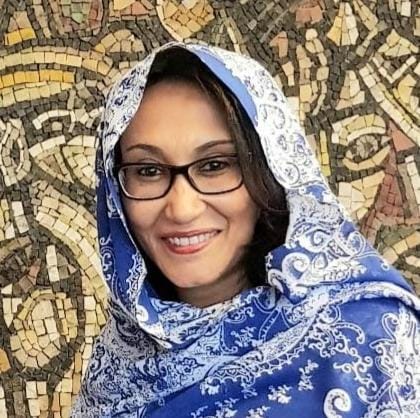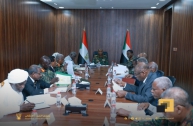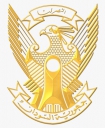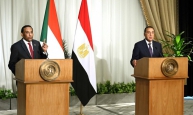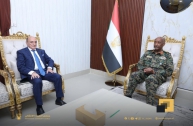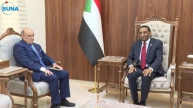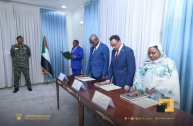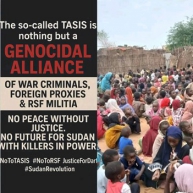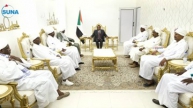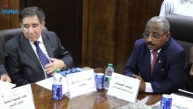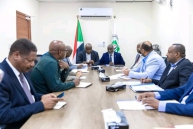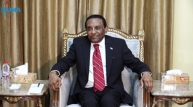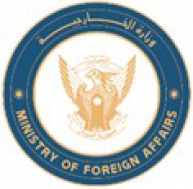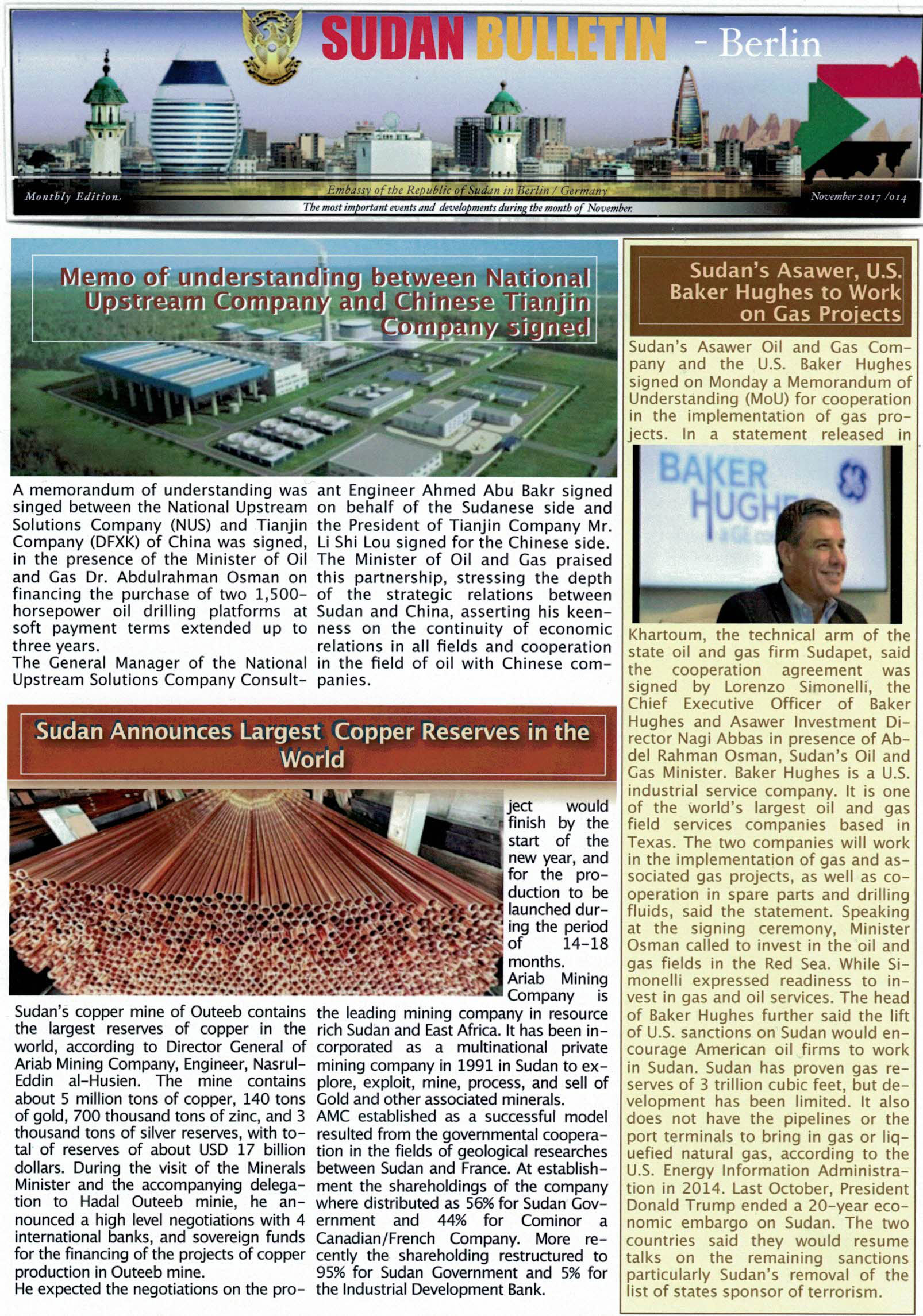Embassy of the Republic of the Sudan in Berlin
سفارة جمهورية السودان ببرلين
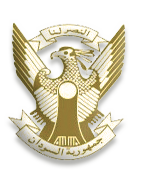
High Committee for Coordination with UN affirms its commitment to providing legal support to all parties without discrimination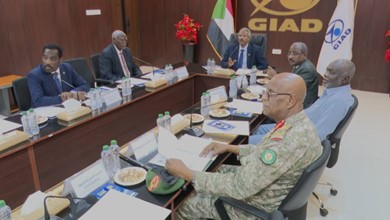
Attorney General Al-Fatih Mohamed Issa Tayfour chaired a meeting of the High Committee for Coordination with the United Nations on Thursday, with the presence of several concerned stakeholders.
The meeting heard a report on the recent visit of the United Nations Expert on the Human Rights Situation in Sudan, Radhouane Nouicer, to the country. The report was presented by Minister of Justice Dr. Abdullah Mohamed Dirif, who shed lights on the expert's consultations with several official bodies on the repercussions of the war on Sudan, as well as issues of voluntary return, legal provisions, human rights, and the systematic devastation of infrastructure in Sudan's various regions. The report indicated that the expert underscored the weakness of the support provided by the United Nations to Sudan due to reasons related to the international organization
The Minister of Justice emphasized the commitment of national law enforcement bodies to providing legal support to all parties without discrimination. He noted that the Sudanese side requested that the expert on the human rights situation in Sudan receive information from government institutions rather than activists, and that Sudan is keen and open to all United Nations mechanisms to achieve justice and provide protection for refugees and displaced persons (IDPs), particularly women and children. He added that the Sudanese government was fulfilling its mandated role towards the country and its citizens, while providing the necessary technical support to national institutions and organizations.
Furthermore, the National Mechanism for the Protection of Civilians, affiliated with the Ministry of Interior, submitted its 2025 periodic report on the protection of civilians, stating that it is based on international and national references aimed at protecting civilians during various conflicts. The report also covered the state's activities in protecting civilians and rehabilitating what was vandalized by the war, in addition to the role of regular forces in protecting civilians and providing humanitarian aid throughout the country, with a focus on conflict-affected states, where the State contributions amounted to the equivalent of (4) billion dollars.
The report explained that the mechanism works to enforce the rule of law, preserve human rights, protect Sudanese refugees abroad and internally displaced persons, and provide them with essential services, particularly health and medical services. The report also highlighted the role the mechanism played in ensuring the success of the Sudanese Certificate examinations both inside and outside the country, in addition to enhancing the capacity of judicial and police personnel, and working to mend the social fabric, promote peaceful coexistence, and achieve reconstruction.
Meanwhile, the National Mechanism for the Protection of Civilians affirmed, in its report to the meeting, that it is exerting every effort to overcome various challenges in order to achieve its lofty goals.
The Latest Sudanese News & Press
